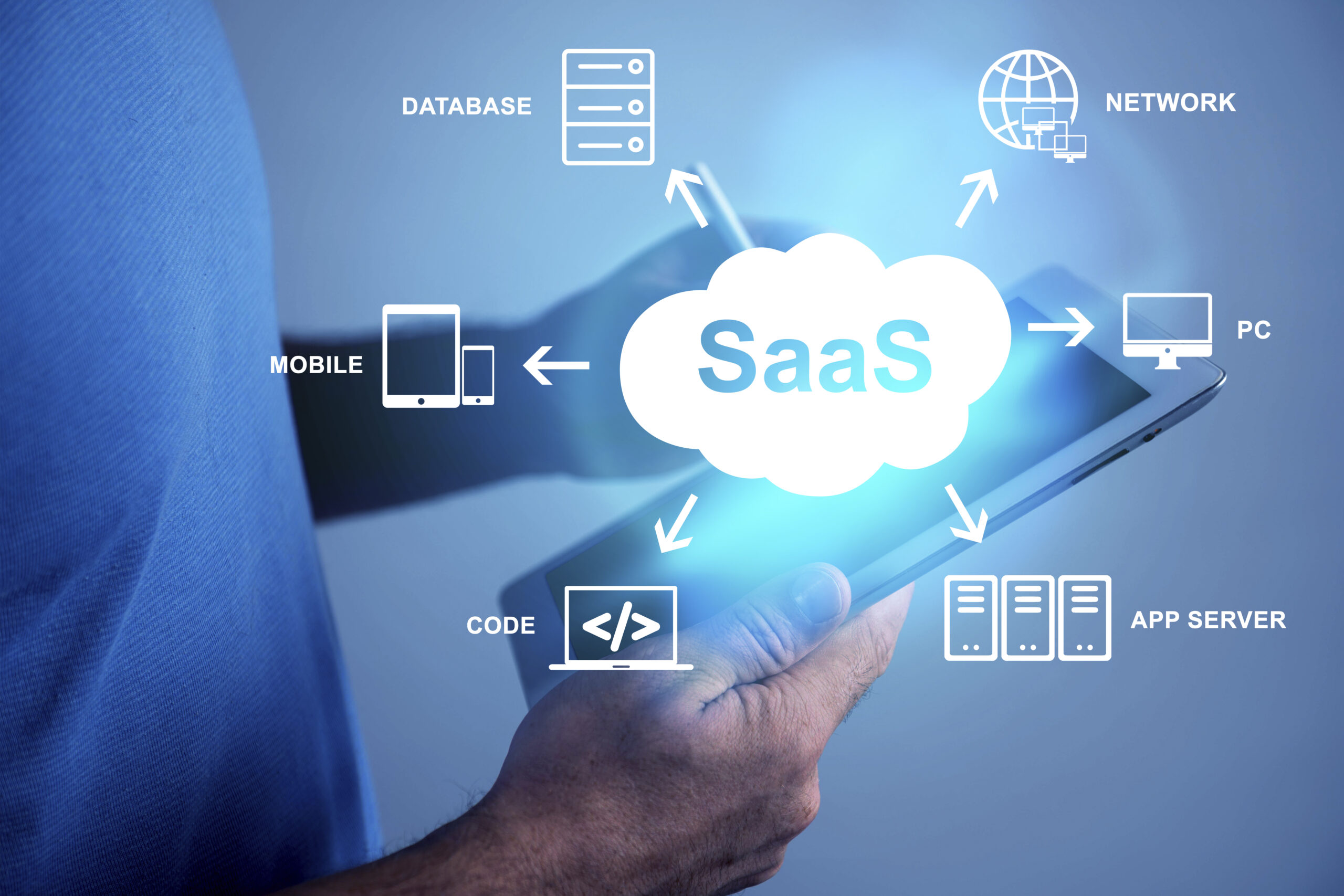The Future of UI Design with AI Co-Pilots
Artificial Intelligence is no longer a “nice-to-have” feature. It has become the essential backbone of innovation and scaling. However, while...
November 26, 2025, Bharti Wadhwani
November 12, 2025, 6:18 pm Bharti Wadhwani

